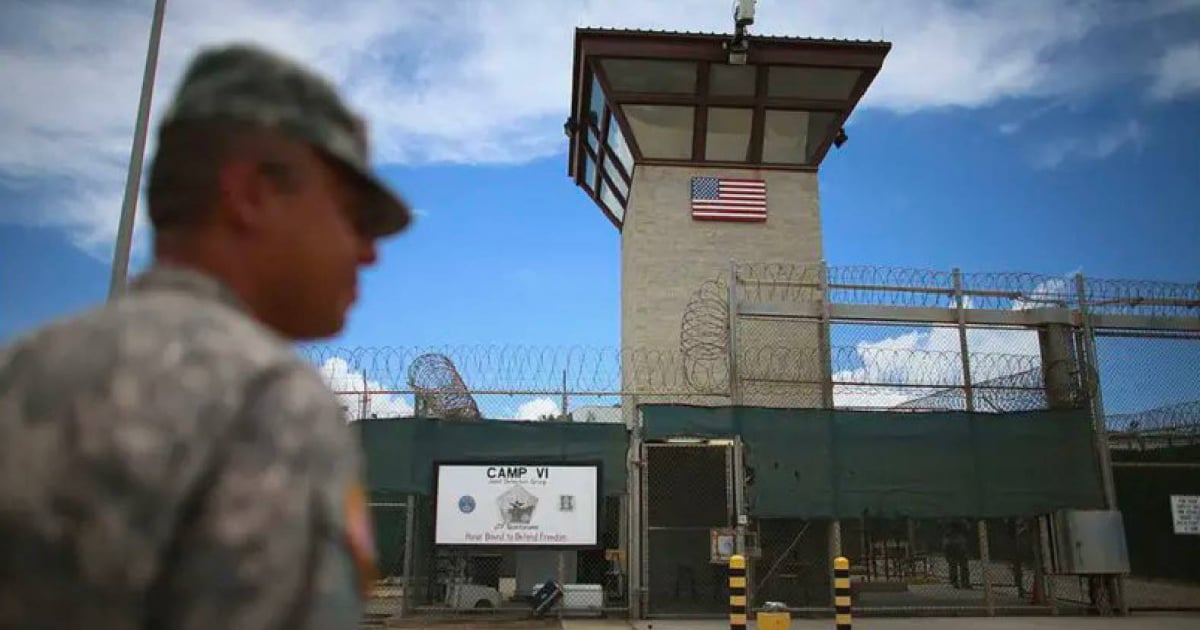The Cuban government condemned the United States' decision on Wednesday to expand the Guantánamo Naval Base to house 30,000 migrants, calling it an act of "brutality." Cuban leader Miguel Díaz-Canel Bermúdez expressed his outrage on X, stating, "In an act of brutality, the new U.S. government announces the imprisonment of thousands of forcibly expelled migrants at the Guantánamo Naval Base, a site illegally occupied on Cuban land, alongside its known torture and illegal detention centers."
Cuban Foreign Minister Bruno Rodríguez also criticized the U.S. decision, stating that housing migrants at Guantánamo, an enclave infamous for its torture and indefinite detention practices, displays a blatant disregard for human rights and international law. He reiterated that this area, located at the easternmost tip of the island, remains "illegally occupied Cuban territory, beyond the jurisdiction of U.S. courts."
These declarations came after former President Donald Trump announced plans on Wednesday for a detention center at the Guantánamo Naval Base capable of holding up to 30,000 migrants. The announcement coincided with the signing of the newly introduced Laken Riley Act, aimed at tightening controls on illegal immigration and ensuring that migrants accused of serious crimes are detained.
Trump emphasized that individuals residing illegally in the United States who cannot be deported to their home countries will be transferred to the eastern Cuban base. The legislation mandates that those in the country illegally, charged with violent crimes or theft, be detained and possibly deported, even before a judicial conviction is reached.
At the end of President Joe Biden's term, he authorized the release of 11 prisoners who had been detained at Guantánamo for extended periods; however, 15 men remained, six of whom had never been formally charged with any crimes, and three had been approved for release.
Key Concerns on Guantánamo Migrant Facility
What is the U.S. government's plan for migrants at Guantánamo?
The U.S. government plans to expand the Guantánamo Naval Base to accommodate up to 30,000 migrants, particularly those expelled and unable to be deported to their home countries.
Why is the Cuban government opposed to this plan?
The Cuban government opposes the plan because they view the base as illegally occupied territory and criticize the use of Guantánamo for detaining migrants, citing concerns about human rights violations.
What does the Laken Riley Act aim to achieve?
The Laken Riley Act seeks to strengthen immigration control by ensuring that migrants accused of serious crimes are detained and potentially deported before a conviction is reached.
